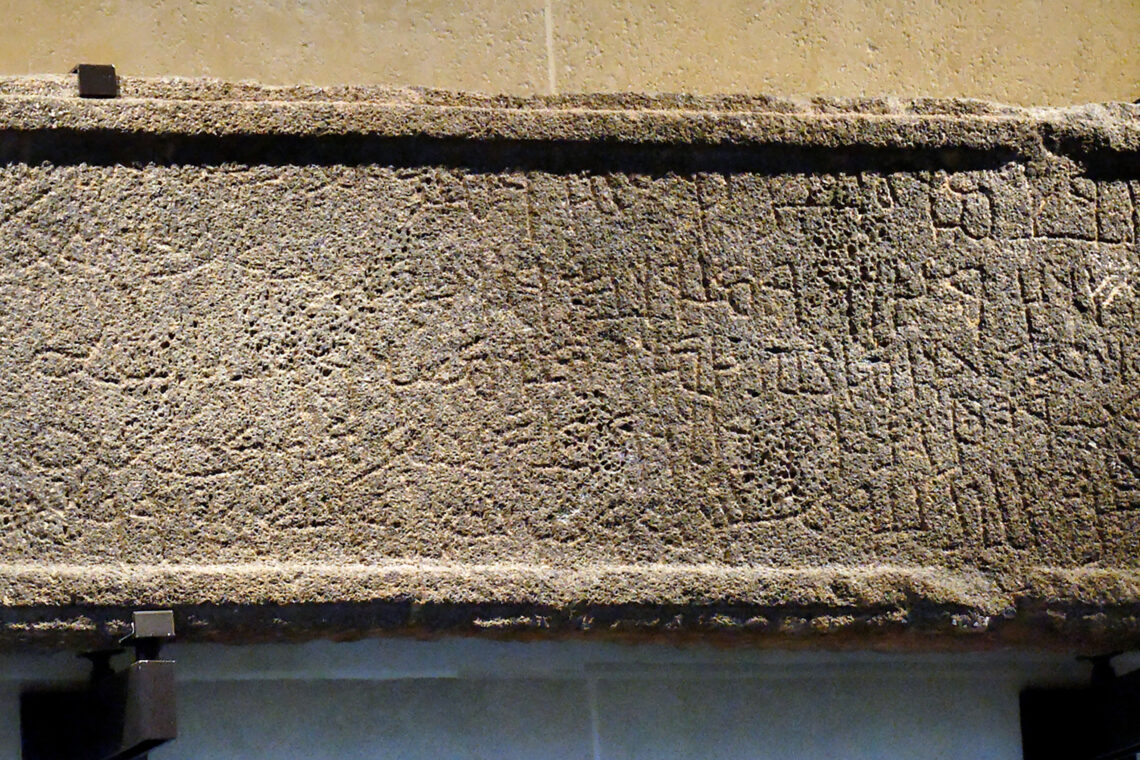I have just learned about the death of my favorite Moroccan writer at the age of 63. Endowed with a fierce, subversive spirit, raised in the halls of misery and shame, Mohamed Choukri, author of For Bread Alone (al-khubz al-hafi) and Streetwise (zamanu al-akhta’), among other writings, was one of the most remarkable figures to have graced the world of Arabic literature in the last few decades, at least since the publication of For Bread Alone in English, then in French (translated by Tahar ben Jelloun), and only recently in the original Arabic. It took almost three decades for the Moroccan censors to lift the ban on the book.
The first installment of his autobiography, For Bread Alone, covering his early years, was also banned from the American University in Cairo and caused a furor in international literary circles. Egyptian censors, like the Moroccans ones before them, found it un-Islamic and offensive to public morals. And why would that be? Choukri was born into a hard life with a brutal, abusive father who killed his younger brother, grew illiterate while haunting the streets of Tetouan, Tangier, and Oran in Algeria, before eventually learning to read and write after the age of 20, then becoming a school teacher, a repetiteur in my junior high in Tangier, and finally a full-time writer when his fame spread to the four corners of the world. (al-khubz al-hafi has been translated into 39 languages.)
Choukri’s sin was to talk about his experiences in the streets, his drinking and smoking a lot of kif, his carousing with prostitutes, his hanging around with other low lives, sleeping in cemeteries, doing time in a psychiatric hospital (marstan), and many other details that people found objectionable. I remember a conversation I once had with a well-educated Moroccan official about him. After I praised Choukri’s literary courage for saying it as it is, the official told me that the writer was insane. “Who cares about literary courage?” Old timers from Tangier used to put the writer down by telling everyone how he used to shine their shoes and run errands for them. I just couldn’t believe the level of such arrogance. Some eventually turned around to see him as he was: a self-made man who overcame the odds to share his story and heal his wounds though writing, but others still saw him as a pathetic, drunk writer.
He liked literary rebels and was impressed by the likes of Jean Genet. His knowledge of both Arabic and Spanish literature was extensive. He never married and spent most of his days in Bar Negresco near the center of town in Tangier. One could always see him walking down the main boulevard with his al-Hayat newspaper, smoking his cigarettes, and looking quite engrossed in his thoughts. People who sought him out for interviews could always find him in his hang out.
Many people are shocked by Choukri’s graphic depictions, but history will vindicate him as the most far-seeing writer of his generation. He made his life an open book and held it as a mirror to our own demons. Those who like to preach will always preach; but those who know that human life is messy and full of “sound and fury” will miss Choukri’s courage and defiant spirit. He was who he was—a tough but gentle and creative spirit who was dealt a bad hand—–and God in His infinite wisdom allowed him to tell his tale before he succumbed to cancer. I am sure he struggled till the end in Rabat’s military hospital, where his expenses were covered by the king himself. His Majesty knows that in Choukri Morocco has a treasure of incalculable value.
May he find the peace that eluded him in life.




Comments are moderated by the editor and may not appear on this discussion until they have been reviewed and deemed appropriate for posting. All information collected is handled in a manner consistent with our privacy policy.